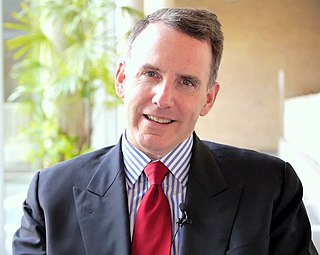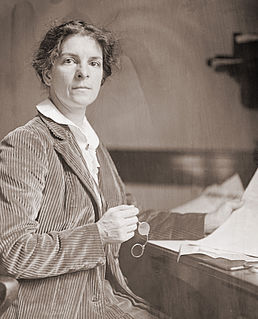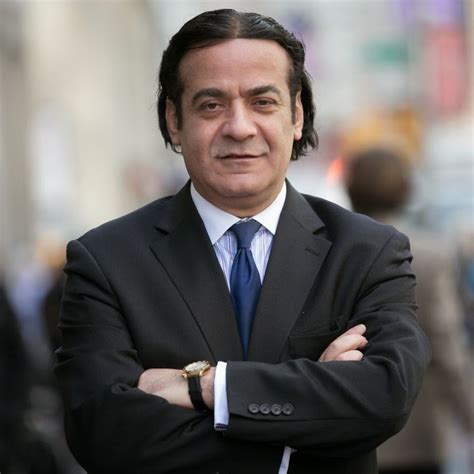A Quote by Ilana Mercer
Demographics need not be destiny. The waning West became what it is not by out-breeding the undeveloped world. We were once great not because of huge numbers, but due to human capital - people of superior ideas and abilities, capable of innovation, exploration, science, philosophy.
Related Quotes
The cars of the migrant people crawled out of the side roads onto the great cross-country highway, and they took the migrant way to the West.... And because they were lonely and perplexed, because they had all come from a place of sadness and worry and defeat, and because they were all going to a mysterious new place, ... a strange thing happened: the twenty families became one family, the children were the children of all. The loss of home became one loss, and the golden time in the West was one dream.
Because it is such a huge crisis, because it puts us on a firm science-based deadline, it's a once-in-a-century opportunity to build a better society and address raging inequality, create huge numbers of jobs, rebuild our public infrastructure. But, we can't do it unless we break every single rule in the free-market playbook. Which is why the worst people in the world all deny climate change.
Innovation is the specific tool of entrepreneurs, the means by which they exploit change as an opportunity for a different business or a different service. It is capable of being presented as a discipline, capable of being learned, capable of being practiced. Entrepreneurs need to search purposefully for the sources of innovation, the changes and their symptoms that indicate opportunities for successful innovation. And they need to know and to apply the principles of successful innovation.
The exploration of space: Be it by humans or robots, based on the best choice for the mission and the most efficient means to return the data and science sought. Most of the time, this will mean we send robots due to cost and danger. But sometimes, we will need the irreplaceable judgment and descriptive abilities of a person on the spot.
One of the great ironies is that the impact of the flattening world has not been to empower decentralized rural land, but to strengthen the cities in China and India and elsewhere that are gateways between those countries and the West. It's deeply wise for the Chinese to be pro-urban in terms of development. They're creating space for ideas and human capital to be developed.
Once upon a time, science, philosophy, and theology were disciplines largely undifferentiated from one another, and proving the existence of God was a fairly commonplace intellectual exercise. But as the scientific method became increasingly refined, particularly through the nineteenth century, science and religion grew apart.
Ever since men became capable of free speculation, their actions, in innumerable important respects, have depended upon their theories as to the world and human life, as to what is good and what is evil. This is true in the present day as at any former time. To understand an age or a nation, we must understand its philosophy, and to understand its philosophy we must ourselves be in some degree philosophers. There is here a reciprocal causation: the circumstances of men s lives do much to determine their philosophy, but, conversely, their philosophy does much to determine their circumstances.






































